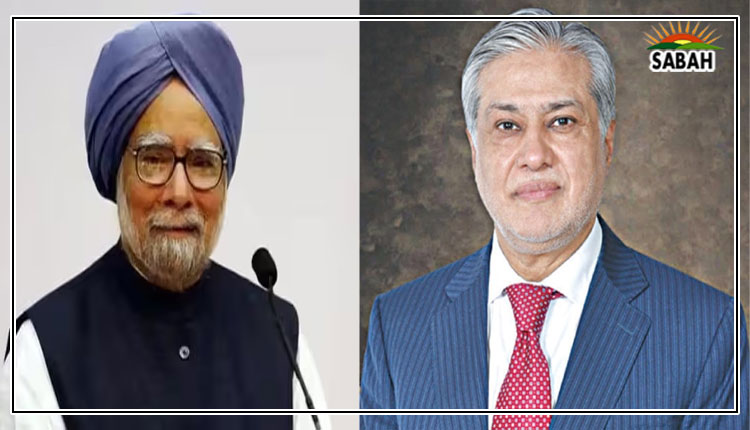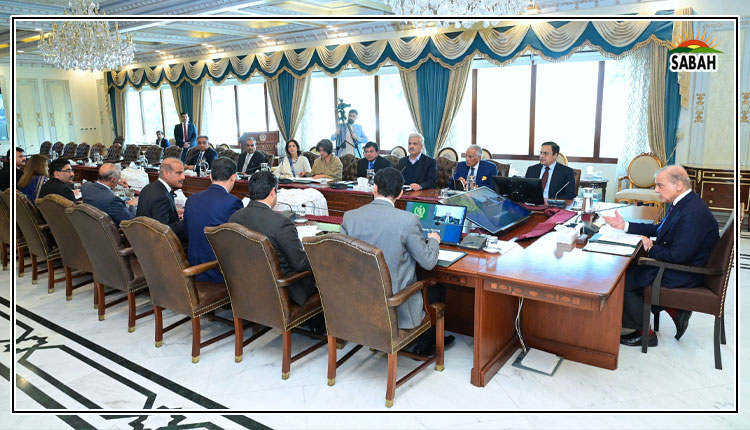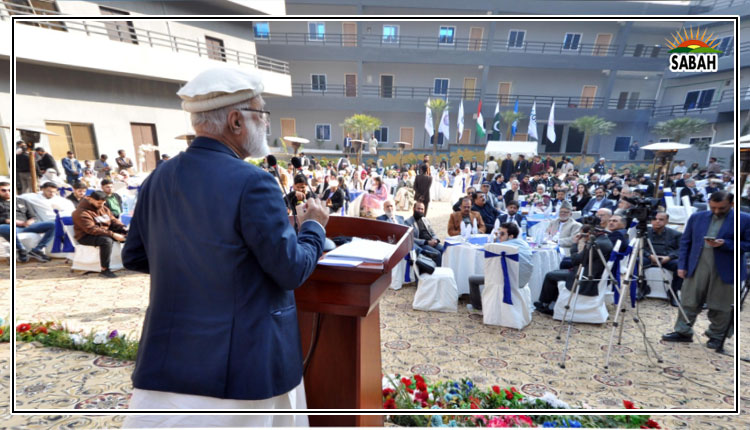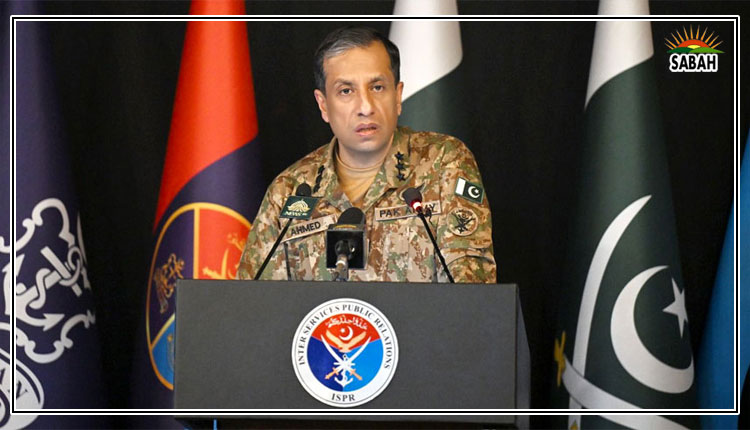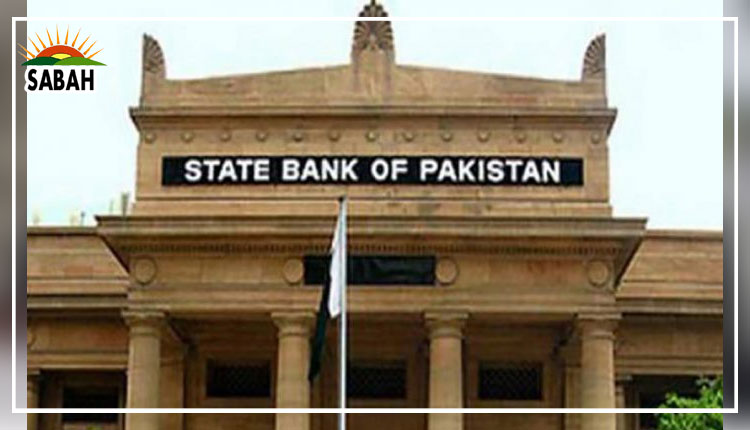State Bank of Pakistan raises policy rate by 125 basis points to 15%
KARACHI, July 07 (SABAH): The State Bank of Pakistan (SBP) announced on Thursday that it had increased the interest rate by 125 basis points (bps) to 15 percent.
In a press conference after the monetary policy committee (MPC) met to decide on the policy rate, the central bank’s Acting Governor Dr. Murtaza Syed said the “most important” objective behind the move was to control spiraling inflation.
He attributed the rise in inflation to global reasons, such as the Russia-Ukraine war, and domestic developments, including a “very high economic growth”.
Dr. Murtaza Syed said that while a high economic growth rate was usually a good development, Pakistan’s economy was structured in a way that it would start facing problems if the rate was six per cent for two years in a row. Inflation had risen because of fiscal expansion, he added.
“The environment is very complex and uncertain. We have seen this kind of inflation globally after 50-60 years.” The acting governor, however, expressed the hope that the country would get past the phase of high inflation in the same way that it had been successful in combatting the coronavirus pandemic.
Dr. Murtaza Syed said that inflation would remain between 18 to 20pc in the current fiscal year, however, the SBP would try to make sure that it did not rise beyond 20pc. If the SBP had not raised the benchmark policy rate, it could have led to a worse situation — hyperinflation and more pressure on the currency, he said.
The central bank acting chief said economic growth was expected to come in at 3 to 4pc in the current fiscal year, which would reduce the risk of a further rise in inflation.
“The inflation number will remain high but we will try that it does not increase. We will try to control month-on-month [inflation] but the year-on-year [inflation] will unfortunately remain between 18 to 20pc.”
He emphasised the need to control food prices. “While the monetary policy cannot control this, the agricultural output can be increased and bottlenecks in supply distribution can be addressed.”
Meanwhile, SBP Deputy Governor Sima Kamal said the Monetary Policy Committee had decided that the Export Finance Scheme (EFS) and Long-Term Finance Facility (LTFF) rates would be 5pc less compared to the interest rate.
“We want to keep supporting the exporter … this is a very important step,” she said.
The central bank earlier raised the benchmark interest rate by 150 bps to 13.75pc in May.
Later in a statement, the SBP said Pakistan was facing a large negative income shock from high inflation and necessary but difficult increases in utility prices and taxes.
“Under the MPC’s baseline outlook, headline inflation is likely to remain elevated around current levels for much of FY23 before falling sharply to the 5-7 percent target range by the end of FY24, driven by tight policies, normalisation of global commodity prices, and beneficial base effects,” the statement added.
It underlined that headline inflation rose significantly from 13.8pc in May to 21.3pc in June, the highest since 2008.
“The increase was broad-based—with energy, food and core inflation all rising significantly—and more than 80 percent of the items in the CPI basket experiencing inflation of above 6 percent.”
The SBP noted the three encouraging developments — the passage of budget based on “strong fiscal consolidation, $2.3bn commercial loan from China and robust economic activity — were overshadown by global inflation and other factors.
The SBP said the the current account deficit rose to $1.4bn in May, on the back of lower exports and remittances partly due to the Eid holiday. “Based on PBS data, the trade deficit rose to $4.8bn in June, more than $1.7bn higher than its February low.”
It said the the current account deficit was projected to narrow to around 3pc of GDP “as imports moderate with cooling growth, while exports and remittances remain relatively resilient”.
The central bank noted that expected completion of the ongoing IMF review will catalyse important additional funding from external sources that will ensure that Pakistan’s external financing needs during FY23 were met.
For fiscal sector, the SBP said the fiscal stance in FY22 was unexpectedly expansionary, with the primary deficit estimated at 2.4pc of GDP, which was “double that of the previous year and more than thrice the budgeted primary deficit of 0.7pc of GDP”.
The SBP said the monitoring committee will continue to carefully monitor developments affecting medium-term prospects for inflation, financial stability, and growth and will take appropriate action to safeguard them.



